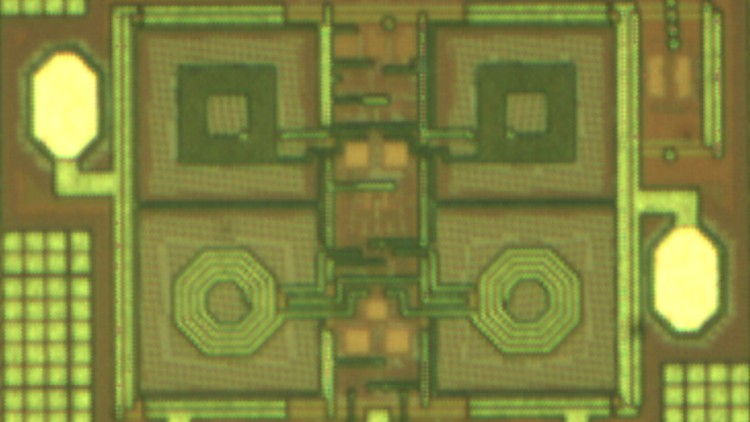RF Circuits and Systems - Oscillators
Course 5
4.68 (17 reviews)

106
students
9 hours
content
Dec 2024
last update
$54.99
regular price
What you will learn
The students will learn how to analyze and design one of the most fundamental circuits, namely, oscillators
They will learn the ring oscillators, LC oscillators, voltage-controlled oscillators, and the notion of phase noise
This course also offers basic understanding of the quadrature oscillators and the concept of injection locking
We will go through set-by-step approach of designing a cross-coupled pair LC oscillator.
Screenshots




Related Topics
5051832
udemy ID
12/31/2022
course created date
8/19/2023
course indexed date
Bot
course submited by